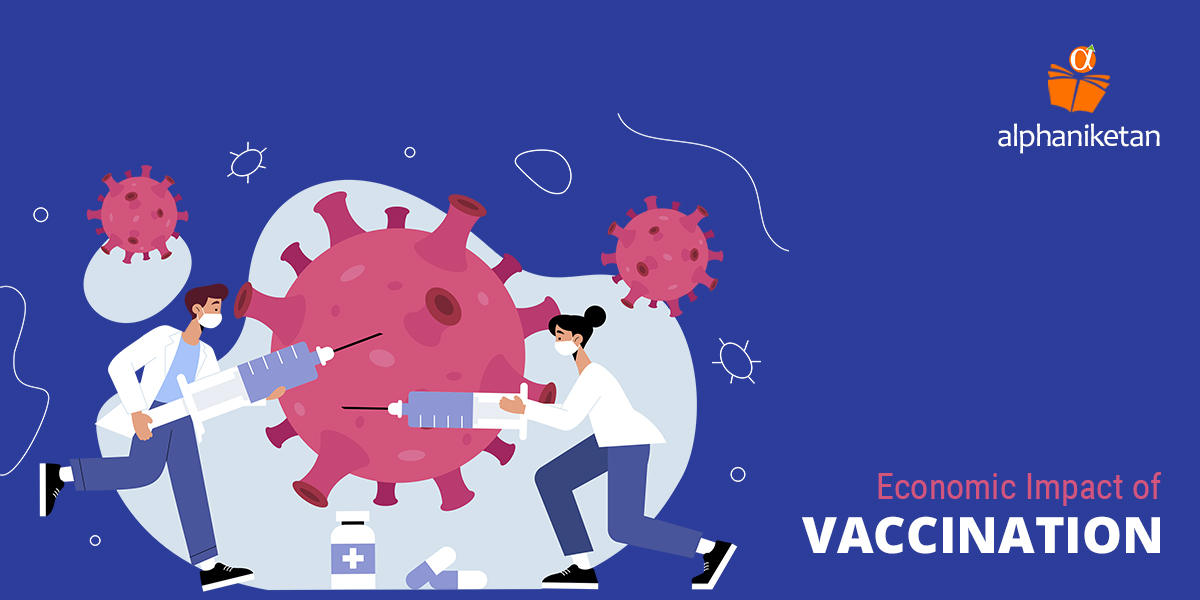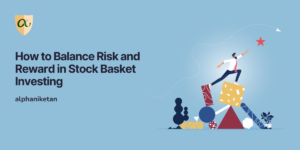Christmas is approaching. Perhaps, this will be the first time the whole world wants the same secret wish to get fulfilled by Santa Claus: the discovery of an effective vaccine for the Coronavirus.
Indeed, this wish is not a romantic or childish indulgence. It is practical. It holds the promise of returning to normality. It provides a ray of hope to all that their dreams and desires are valid and can be attained in the near and foreseeable future.
An effective vaccine can be a saviour for the global economy.
As of now most analysts are busy estimating the reach of vaccines in various parts of the world. According to various news agencies, vaccines will soon be approved for emergency use in various parts of the world. In India, Pfizer, Serum Institute of India (Oxford-AstraZeneca) and Bharat Biotech have applied for the emergency use authorisation. If approved by competent drug authorities, the vaccine can save many lives. However, such use is discretionary in nature.
Mass vaccinations are expected to begin in the first half CY2021. India, one of the largest buyers of the vaccine, is estimated to have booked 1.6 billion doses of vaccines. This will be enough to cover 800 million citizens if one considers a two-dose norm. The idea of mass vaccination is good and much-needed. But till it becomes a reality and is carried out on a large scale, economists will remain cautious on the global economic growth and development.
According to an estimate released by Rand Corporation, as long as there is no vaccine against the disease, global cost associated with COVID-19 and the consequent economic impact could be as high as US$ 3.4 trillion annually. While a few big nations such as US, Russia & UK are front runners in vaccine development, India has significant manufacturing capacity in place to manufacture successful vaccine candidates. But would it result in equitable access to Covid-19 vaccines, globally? It is quite clear much needs to be done. Equitable access to low and lower-middle income countries is expected to save US$ 466 billion in losses for just ten major economies alone over 2020-25, quoted various news reports from a report by Eurasia Group. Rand Corporation concurs as it observes that all countries will benefit financially by supplying vaccines to world’s poor countries. It is estimated that high income countries could potentially get back US$4.8 for every US$1 spent on supplying vaccines.
After the equitable access comes the important aspect of equitable distribution of vaccines. Large number of countries are actively negotiating deals with drug-makers to ensure that vaccines are accessible to the under-privileged population. The Center for Global Development estimates that there is fifty per cent possibility of a vaccine—safe and effective enough—to become available by April 2021. The possibility stands to increase to 85% by the end of the next year. Even if we have an approved vaccine— an effective one—constraints in manufacturing will result in shortage of doses. It is estimated that the world’s entire population may not be covered before September 2023.
In this context, when we look at the surging equity markets fuelled by the extra shot of liquidity infused by central bankers globally and supportive actions by policy makers, it becomes evident that risky assets such as stocks may be priced for imminent post COVID recovery. Any delay in the arrival of vaccines or questions on the efficacy of vaccines will result in slower-than-expected speed of mass vaccination. This may result in change in earnings growth estimates.
Though vaccines can bring in a lot of hope and put the global economy on track, investors should not ignore interim volatility. Staggered investments in Equities will stand in good stead for investors. Investors should use interim volatility to enhance their exposure to equities to benefit in the long-term.
Thank you for reading this post, don't forget to subscribe!




